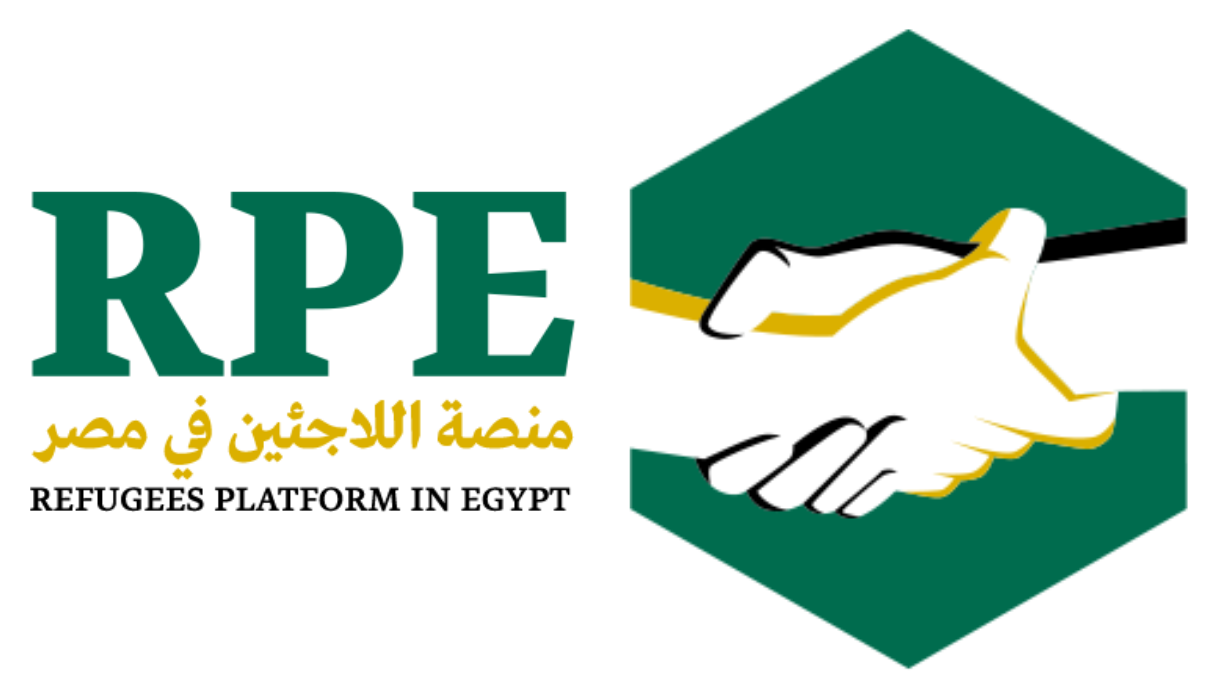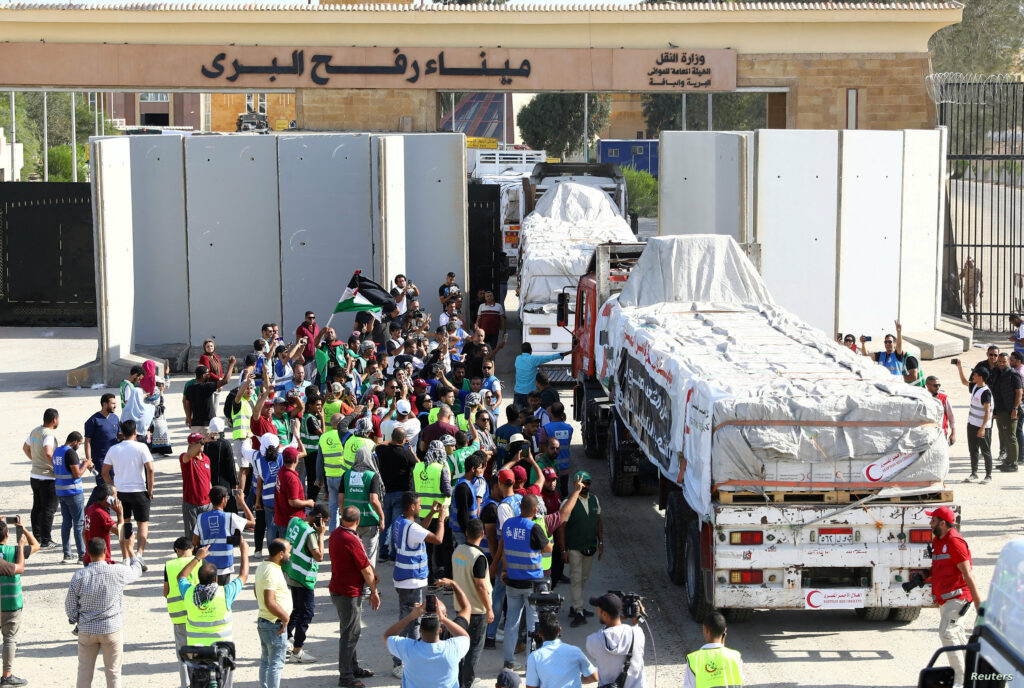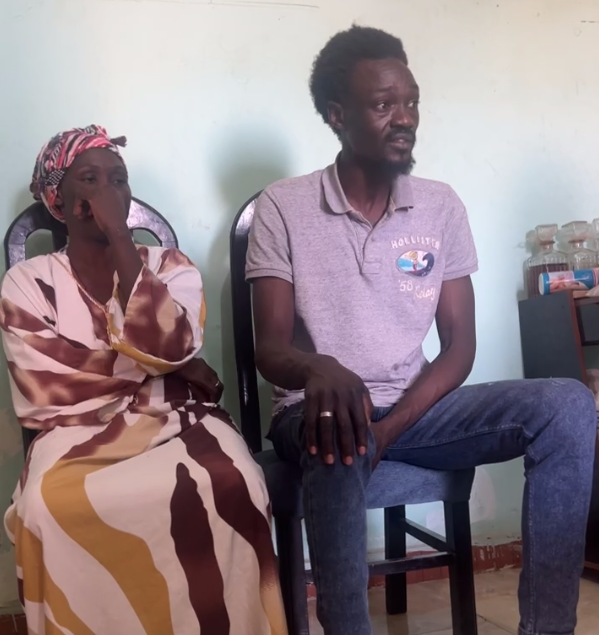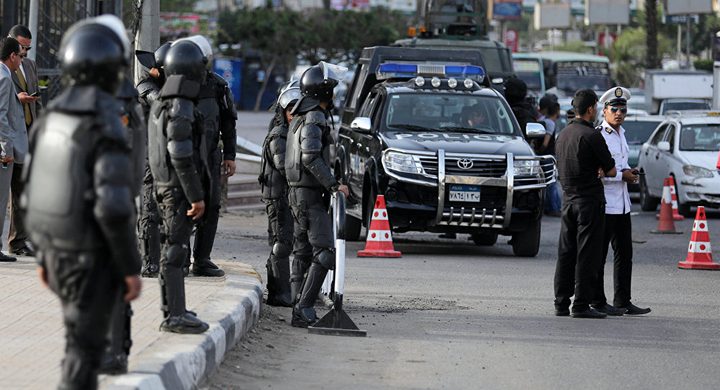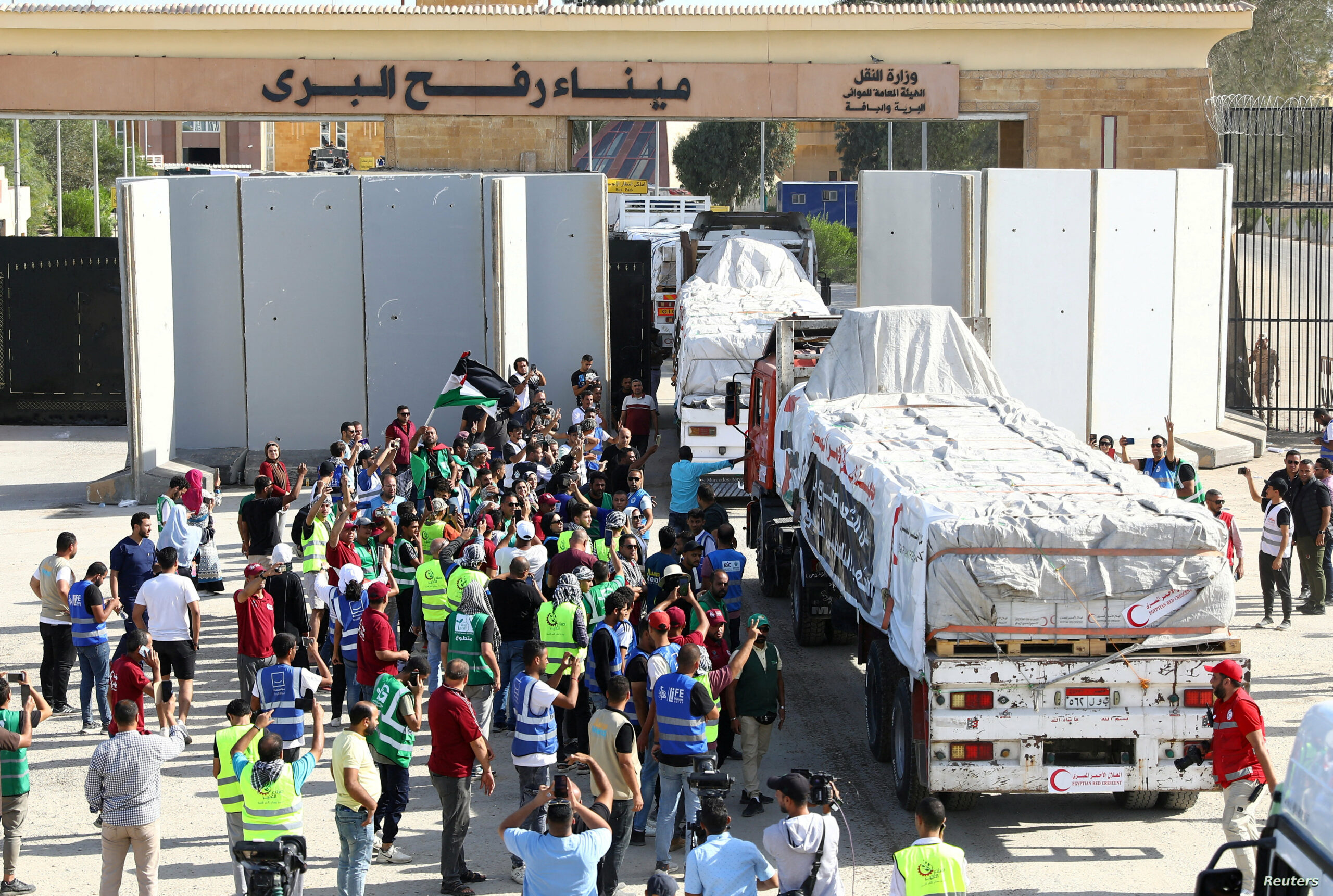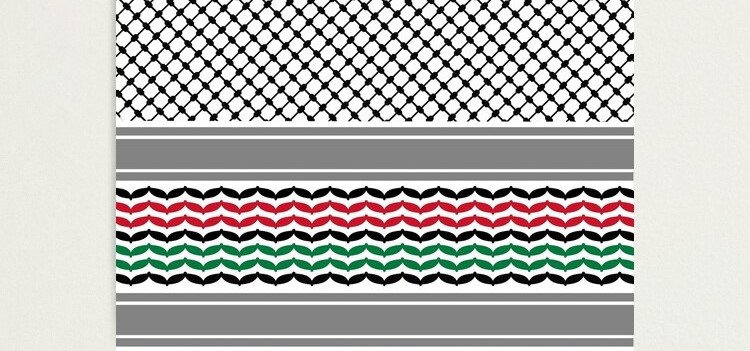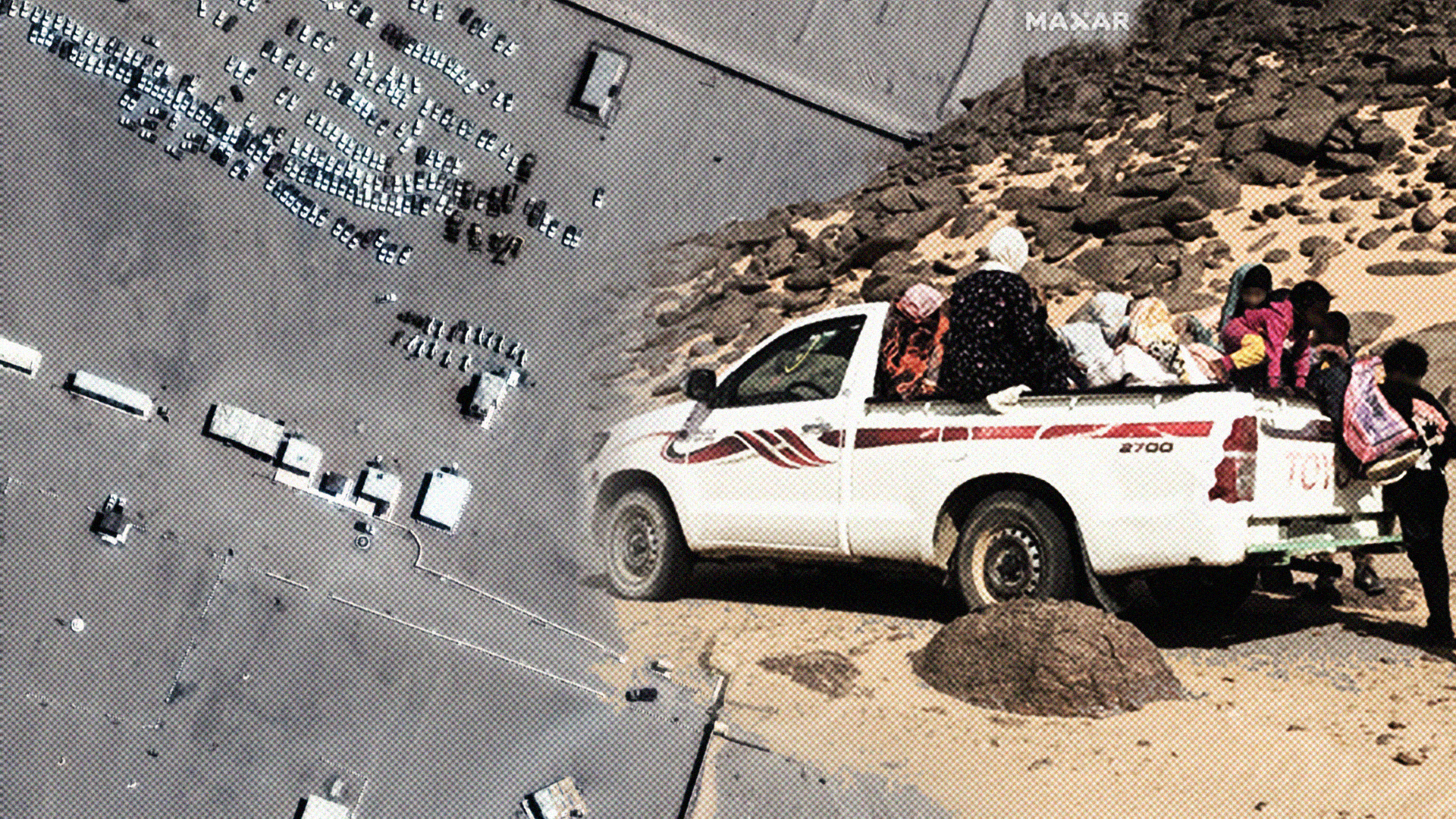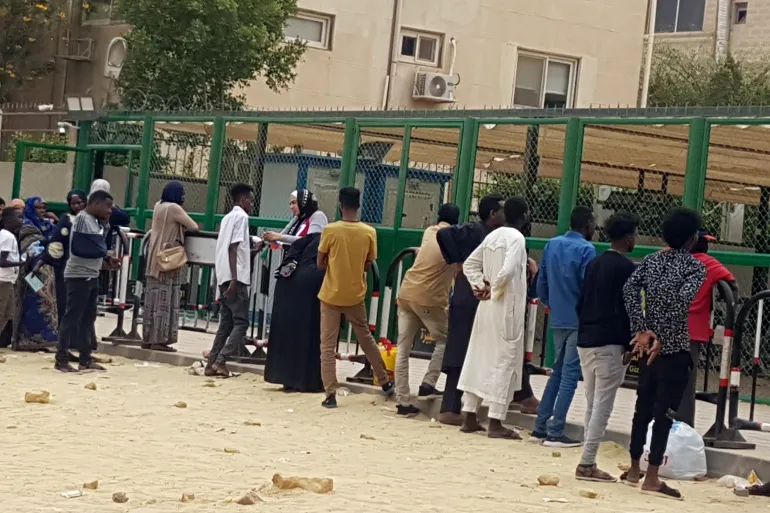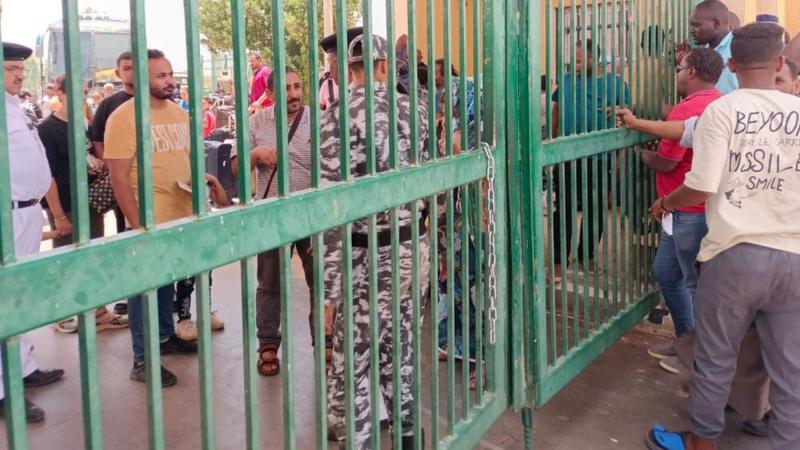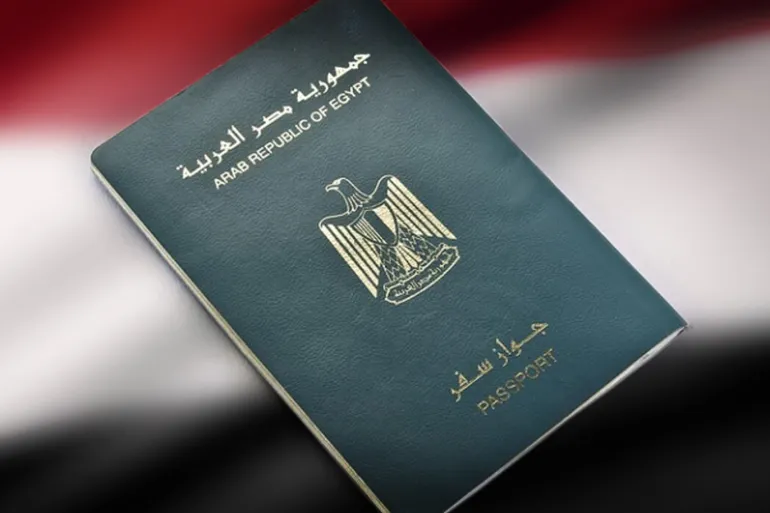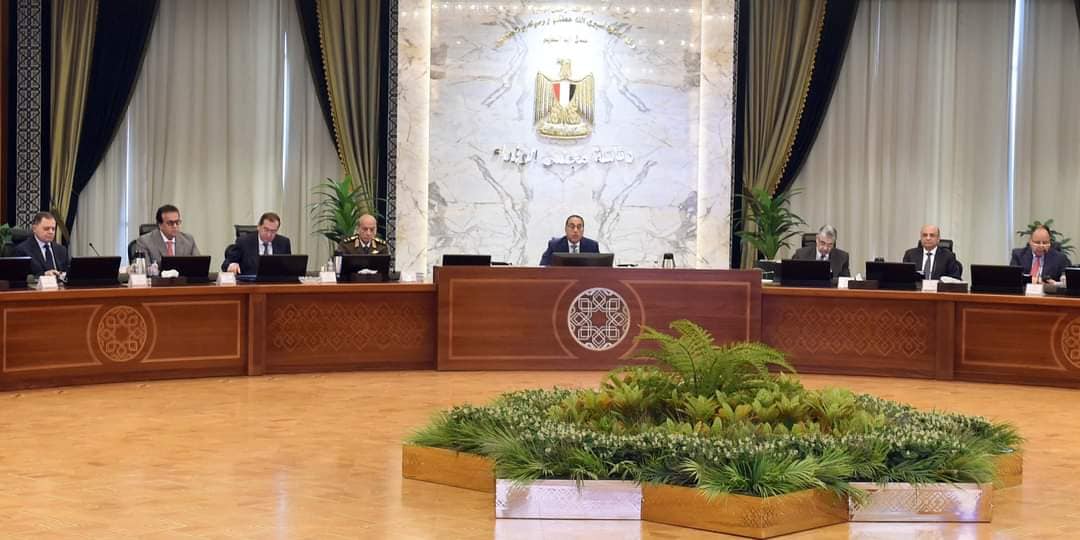On the 77th day of the ongoing Israeli war of annihilation against Gaza, the largest mass killing operation we have witnessed in contemporary history, as statistics indicate that 394 Palestinians from Gaza are being killed every day, 770 people getting injured, and 27,537 are displaced daily. Demands are escalating to open the Rafah crossing immediately, at the same time circulating voices justifying the closure of the crossing under the pretext of rejecting forced displacement. So, what does it mean to open the Rafah crossing, and is opening or closing it will contribute to confronting the project of ethnic cleansing and systematic forced displacement?
What does opening the Rafah crossing mean?
The Rafah crossing is the only crossing between Gaza and the outside world that is not under the direct authority of the Israeli occupation. It is an Egyptian-Palestinian crossing. With this possibility, opening the crossing means:
1- Entry of humanitarian aid and provision of living requirements:
Opening the crossing completely will allow the entry of medical and relief supplies lined up in front of the crossing, providing the basic needs of food, medicine, water and fuel for the lives of the residents of the Gaza Strip. United Nations statistics indicate that in Gaza there are more than two deaths every day for every 10,000 people due to severe hunger, malnutrition, or disease.
At the end of November, Gaza governmental media office stated that the Gaza Strip needs the entry of 1,000 daily aid trucks and one million liters of fuel per day to begin an initial recovery phase.
In normal conditions, the Strip needs 500 trucks per day, while since the beginning of the genocide war, only 4,301 trucks have been allowed to enter, including 1,091 trucks during the humanitarian truce that lasted 7 days. This in 77 days means an average entry of 55 trucks per day. At the same time, along the road from the Rafah crossing, and as far as the eye can see, there are Egyptian aid trucks and from many other countries.
2- Entry of medicines and medical supplies:
This means the return of the medical sector to work, even if only partially, and the possibility of performing operations with the presence of anaesthesia, especially amputations for those wounded by Israeli bombing and targeting, and the possibility of providing medicines for patients, especially patients with kidney failure.
3- Evacuation of the wounded and injured, especially critical cases:
On December 21, the Palestinian Ministry of Health announced that all medical facilities in northern Gaza were out of service as a result of systematic targeting and the provision of only first aid, meaning that about 800,000 Palestinians were left without any health care in light of the ongoing genocide and the needs of regular and unusual medical care.
Opening the crossing will contribute to saving the lives of at least 52,000 wounded Palestinians who are being slowly killed as a result of the destruction of health facilities inside the Gaza Strip and the depletion of what remains of them. Among the wounded are more than 8,000 who need immediate evacuation to hospitals outside the Gaza Strip to Egypt or other countries.
It is worth noting that Egypt has received 410 injured and wounded since October 7 until now, which means less than 1% of the total wounded, while the Ministry of Health in Gaza reported the death of many of the wounded due to the delay in the arrival of transit approvals to the Egyptian side.
4- Providing electricity and clean water and preventing epidemics:
The opening of the crossing and the provision of fuel will allow the operation of water stations, which will restore the availability of potable water after it was cut off by the occupying authority at the beginning of the aggression, which will limit the spread of epidemics and diseases. It will also allow the operation of electricity stations and sewage pumps, which will prevent the occurrence of many health disasters. Allowing fuel to pass will also enable the operation of communications reinforcement stations and networks that are constantly cut off, either due to destruction or due to a lack of sufficient fuel for operation.
5- Entry of international journalistic and human rights groups:
After the killing of more than 95 journalists since the beginning of the aggression, the occupation machine’s continued targeting of media and journalists, the lack of press coverage in northern Gaza, and the exhaustion that befell the remaining journalists in all of Gaza, and with reports indicating that journalists from the Egyptian side were prevented from crossing to the Gaza Strip after submitting requests to the Egyptian authorities.
The Egyptian authorities allowing the entry of Egyptian and international journalists will provide continued coverage of crimes and violations in the various areas of the Gaza Strip, including documenting crimes, amplifying the voices of genocide victims, and conveying their voices and demands to the world. The work of journalists at this time is also very important to document crimes, verify evidence, and collect testimonies from victims and survivors to enable criminal justice, prosecute criminals, and provide reparation to the victims and their families.
6- Entry of relief, emergency and medical crews:
In the past weeks, the bombing targeted medical personnel, including doctors, nurses, and workers in the medical sector. Recent statistics indicate that 473 health sector workers were targeted, leading to the deaths of 222 and the injury of 251 of them.
Targeting workers in the medical sector has caused the collapse of the human resources necessary for the sector’s work, even if the resources and tools are available. Therefore, allowing the entry of doctors, relief workers, medical teams, and ambulances will contribute to saving the lives of those at risk of death as a result of the lack of healthcare and human resources needed in this sector, and also to cover the enormous need.
7- Entry of civil defense equipment and crews:
Statistics indicate that the aggression and continuous bombing daily destroyed 934 buildings and the partial destruction of 2,537 buildings, including hospitals, press headquarters, schools, mosques, churches, and shelter centers. Due to the collapse of the civil defense sector and the targeting of its vehicles, thousands of victims and bodies are still under the rubble of buildings.
Urgently, civil defense equipment and crews must be brought in, equipped with the necessary equipment to extract the trapped people and bodies from the rubble and pave the roads for the operation of basic life facilities such as ambulances and aid trucks.
8- Establishing field hospitals:
Gaza urgently needs field hospitals, especially in the north, where medical services are completely non-existent and facilities no longer suitable for use.
9- Providing suitable shelters:
In the current situation of displacement of all the people of the Gaza Strip, including hundreds of thousands who have been displaced time after time, and in light of the lack of available shelter areas and the overcrowding of those available, thousands have taken refuge in the streets under tents or completely inappropriate plastic tarpaulins.
The Gaza Strip and areas of displacement from the north to the center and south urgently need equipped shelter centers that help protect against the winter cold and rain, protect from the spread of epidemics, and provide the minimum requirements for shelter places.
10- Connecting Gaza with the world:
The targeting of communications and Internet reinforcement networks and the interruption of fuel access to provide electrical power to operate the network stations caused a complete or partial interruption of the Internet in all areas of the sector. The sector urgently needs fuel and allowance for the crossing of technicians and engineers to repair and ensure the continued operation of communication networks and the Internet.
11- Preventing displacement:
Forced displacement is directly related to the non-stop aggression and targeting of civilians in light of the lack of necessities for staying in place, the lack of basic services, the absence of safe areas, the collapse of the health sector, the lack of food, and the interruption of water and medicines.
Working urgently to ensure access to humanitarian aid and the necessities of life for the people of the Gaza Strip will contribute to limiting the occurrence of disasters greater than the crime of genocide that has continued to date and the exacerbation of disasters that will claim human lives at a faster rate, protecting the displaced civilians from further displacement, and this time there is no room left. To go to him.
Open the Rafah Crossing .. End the Siege on Gaza
